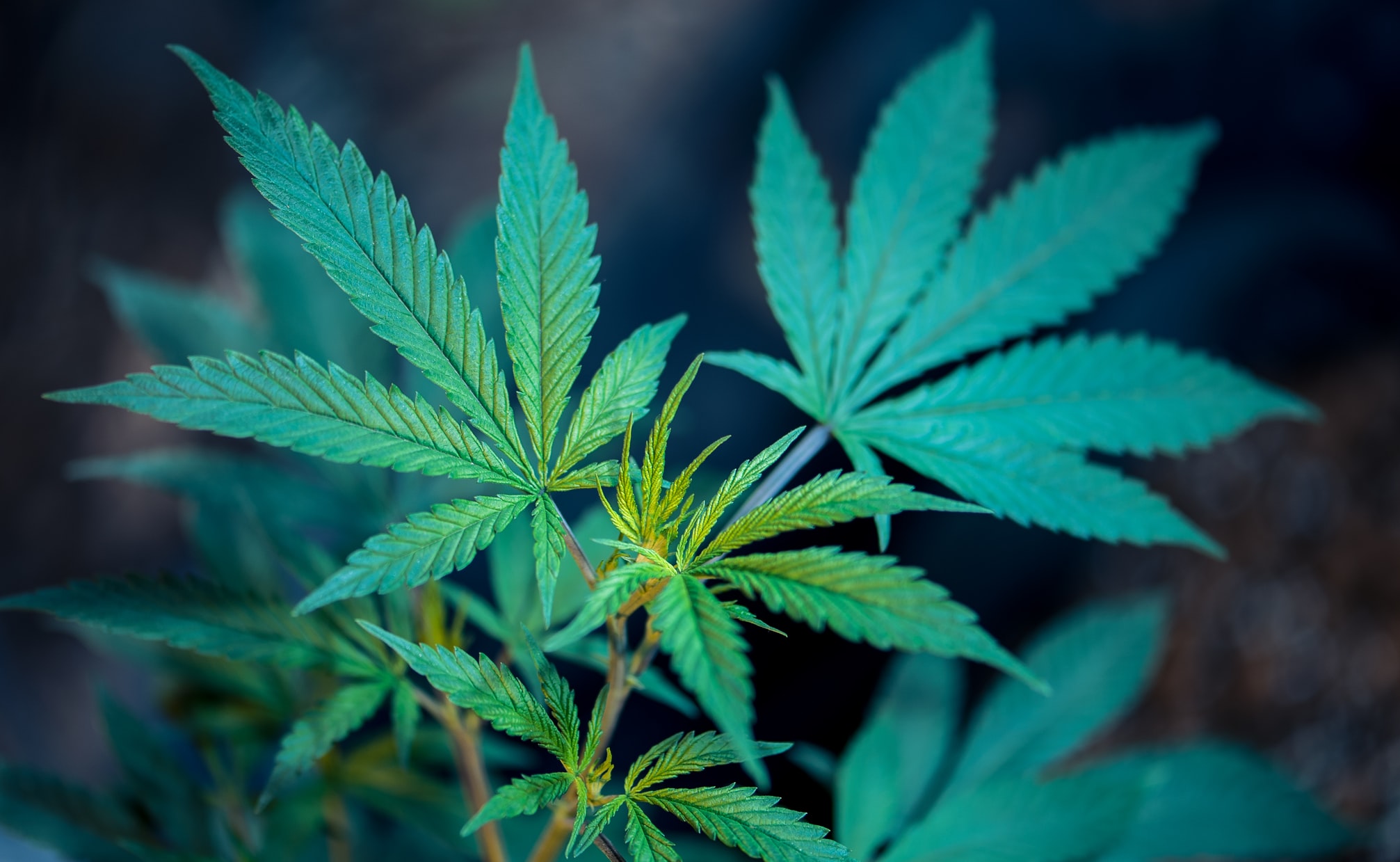People are using CBD for nearly everything these days- sleep, muscle pain, anxiety, their pets- but one thing that is becoming more widely studied is the use of cannabis for opioid withdrawal.
You’ve likely heard the words “opioid epidemic” used in the news and in conversation in recent years. This is in reference to a high number of deaths and hospitalizations from opioids including prescription and street drugs. It’s become such an issue that drug overdose has become the leading cause of accidental death in the U.S. (as of 2016 according to the CDC).
Treating these addictions can be difficult, since the drugs are often prescribed for extreme pain, and when the prescription runs out many people turn to less reliable sources for relief. Some people may even quit for a time, but return later only to overdose because their tolerance has become low.
Naturally, physicians and drug treatment professionals have been looking at cannabis, specifically CBD, for help in getting people off of opioids. One benefit of CBD or full spectrum hemp (to read about the difference click here) is that its effects are not psychoactive, and a patient can potentially experience relief without being “high.”
CBD is also known for its inhibitory response, which results in analgesic effects, helping with pain and anxiety relief.
So what do the studies say?
One nationwide study that was conducted from 1999 to 2010 found that during the course of the study, the shifts in the cannabis industry had an effect on their results. They monitored the number of opioid deaths each year, and once the research ended they found that the use of cannabis for treatment seemed to be lowering the number of opioid-related deaths.
After this study, despite the growing acceptance of cannabis and use of CBD, deaths went up in the new decade. This was likely due to better availability of street manufactured Fentanyl.
Since then, there have been preclinical studies that suggest CBD may help not only with opioid addiction, but with cocaine and psychostimulant addiction as well. A recent double-blind study found that CBD was able to reduce cravings for heroin, and yet another showed that CBD reduced these cravings in rats and humans with few side effects.
Hope for future treatments?
Things are looking hopeful for the future of opioid addiction treatment with CBD. We love this because it’s a more natural, non-addictive way to help people get drug free. It can also help patients deal with the pain that was being treated in the first place.
As always, we continue to be in awe of this versatile plant, and will keep you posted on any updates to the research.
If you or a loved one are currently dealing with addiction, please call the Substance Abuse and Mental Health Services Administration (SAMHSA) hotline at 1-800-662-HELP (4357) for treatment referral and information.
https://www.cdc.gov/nchs/products/databriefs/db329.htm
https://www.addictioncenter.com/opiates/opioid-epidemic/
https://www.hemphelps.org/cannabis-solve-opioid-crisis/
https://www.ncbi.nlm.nih.gov/pmc/articles/PMC3728280/
https://www.ncbi.nlm.nih.gov/pubmed/31109198

